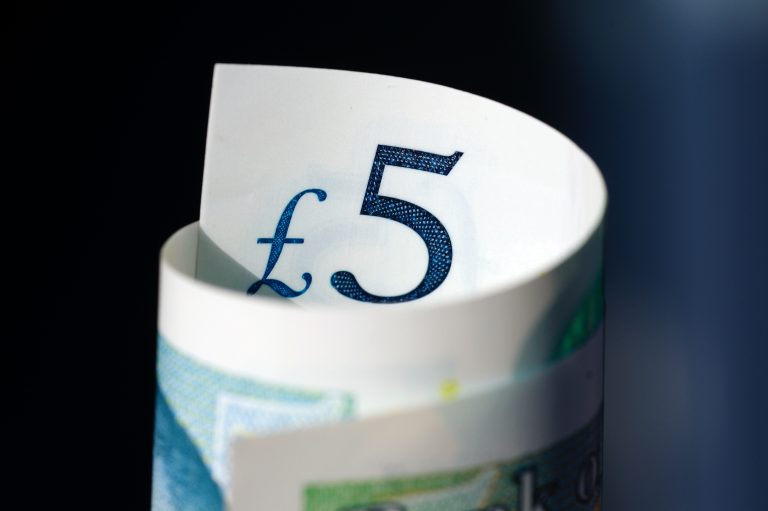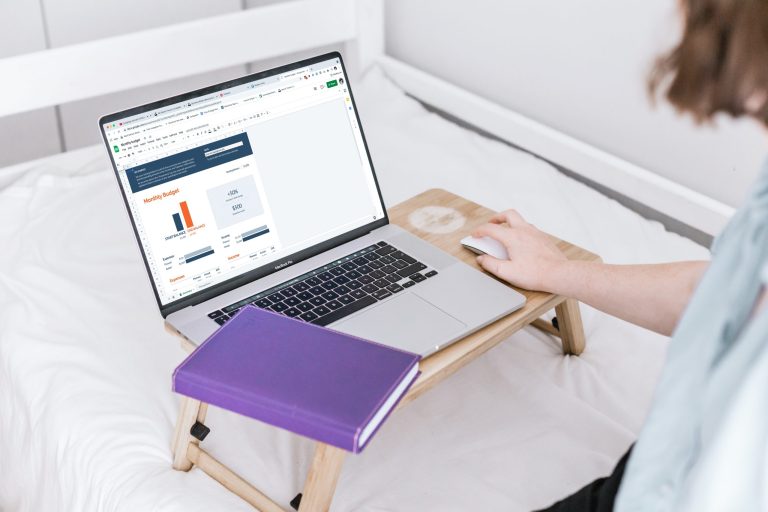- Savings
 SavingsSave regularly, from as little as £5 per month.
SavingsSave regularly, from as little as £5 per month.- Member Account
- Family Member Account
- Junior Account
- Notice Plus Account
- Reserve Account
- Festive Fund Account
- Discontinued Accounts
- Loans
 LoansHelping you by offering a range of loans for a variety of purposes, direct from your payroll.
LoansHelping you by offering a range of loans for a variety of purposes, direct from your payroll.- Member Loan
- Consolidation Loan
- Commutation Loan
- Student Officer Loan
- Revolving Credit
- Green Loan
- Loyalty Loan
- 70+ Loan
- Credit Builder Loan
- Holiday Loan
- Additional Borrowing
- Discontinued Accounts
- Mortgages
 MortgagesHelping the police family to get on and remain on the property ladder.
MortgagesHelping the police family to get on and remain on the property ladder.- Speak to a Mortgage Adviser
- Mortgage Calculator
- How to apply
- Agreement in Principle
- First Time Buyer
- Fixed Rate Mortgages
- Family Assist Mortgage
- Standard Variable Rate Mortgage
- Budget Planner
- Useful Contacts
- Financial Wellbeing
 Financial WellbeingSome of our top tips to help you manage your money even better.
Financial WellbeingSome of our top tips to help you manage your money even better.- Managing Debt
- Representative APR
- Credit Score
- Gambling awareness
- Stop Loan Sharks
- Jargon Buster
- Fraud Awareness
- Family Financing
- Support for your wellbeing
- Let’s Talk About Money newsletter
- Services and Support
 Services and SupportFind more information on the additional services or support we offer.
Services and SupportFind more information on the additional services or support we offer.- Interest and dividend rates
- Prize Draw
- Life Protection
- Notify us of your retirement
- FAQs
- Annual General Meeting
- About Us
 About UsFind out more about the biggest police credit union in the UK.
About UsFind out more about the biggest police credit union in the UK.- About Us
- Board of Directors
- Mission Statement
- News
- Contact Us
Written by: Ben Kirkman
Category: Let's talk about money
Read Time: 3 minutes
A new tax year does not mean much to some people, yet to others, it reminds them of an impending deadline… the deadline of the tax return! Whilst a lot of people think of a tax return as something to be completed by self-employed individuals, which may be true, there are other reasons why you may be required to complete a tax return that you might not know about.
Do I need to complete a tax return?
You are likely to have to file a tax return if:
-
You’re self-employed and your income was more than £1,000
-
You earned more than £50,000 and claim child benefit
-
You have income from abroad that you need to pay tax on, or you live abroad but have an income in the UK
-
You need to pay Capital Gains Tax on profits from selling things like shares or a second home
-
You earned £2,500 or more in untaxed income, e.g. renting out a property
-
You earned £100,000 or more
-
You had savings or investment income of more than £10,000 before tax
-
You’re a company director
-
If you earned over £50,270 in the 2023/24 tax year and made pension contributions, you might have to complete an assessment to claim back the extra tax relief you’re owed
-
You received a P800 from HMRC saying you didn’t pay enough tax last year
You usually don’t need to fill in a Self-Assessment tax return if you’re an employee who has paid tax through the Pay As You Earn (PAYE) system. This is unless you earned over £100,000.
You can visit the government’s website to find out if you are required to submit a tax return here: https://www.gov.uk/check-if-you-need-a-tax-return
How do I complete a tax return?
If you’ve never completed a tax return before you will be required to register for Self-Assessment. You can find out how to do this on the government’s website. Once you’ve got yourself set up you submit your tax return online then you are required to pay any tax owed by the deadline. It’s important to note that this doesn’t fall in line with calendar years, instead it’s only based on tax years. The last tax year started on 6 April 2022 and ended on 5 April 2023.
There are other deadlines too which you will need to be aware of as failure to meet any of the deadlines may incur a penalty. Find out any key deadlines here: Self Assessment tax returns: Deadlines GOV.UK (www.gov.uk)
What information do I need to submit a tax return?
It’s important to make sure you have everything you need before you begin, such as:
-
Your ten-digit Unique Taxpayer Reference (UTR)
-
Your National Insurance number
-
Details of your untaxed income from the tax year, including income from self-employment, dividends and interest on shares
-
Records of any expenses relating to self-employment
-
Any contributions to charity or pensions that might be eligible for tax relief
-
P60 or other records showing how much income you received that you’ve already paid tax on
There are some helpful guides provided by the government too: https://www.gov.uk/self-assessment-forms-and-helpsheets
Helpful resources
If you find yourself in a position where you are required to complete a tax return, whilst initially it may seem like a daunting task, there are lots of helpful resources to help you complete it successfully. And of course, if you still aren’t sure, you can always speak to an accountant for advice, although this may cost you.
We’ve also compiled a list of helpful resources to help you through the process… good luck!
Self Assessment tax return information: Money Helper
Self Assessment tax returns: Overview – GOV.UK (www.gov.uk)
How to fill in a self-assessment tax return – Which?
A beginner’s guide to self assessment | money.co.uk
| Subscribe to our monthly “Let’s talk about money” newsletters here! |
Written by,
Jo Moscrop
Chief Business Development Officer





